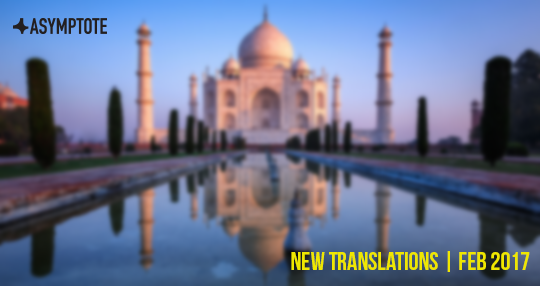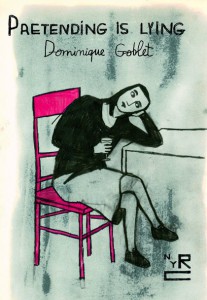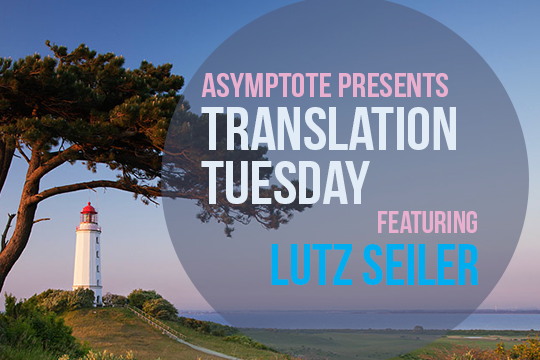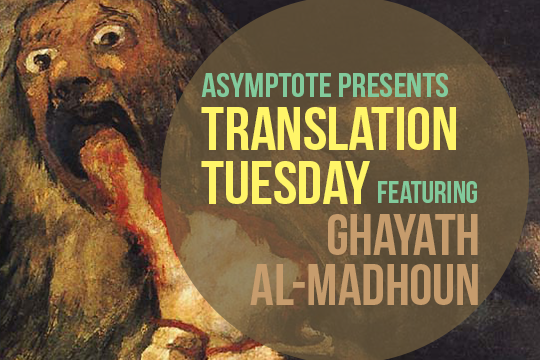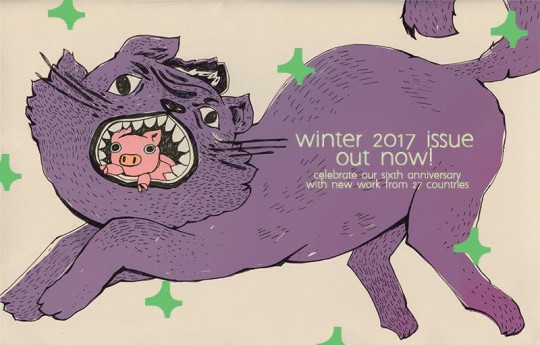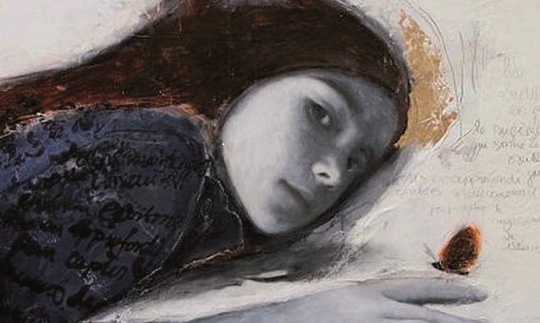The week is drawing to a close, and it’s time for a quick wrap-up. This time we’re visiting South and North America where Mexico Editors-at-Large Paul Worley and Kelsey Woodburn, and Executive Assistant Nozomi Saito bring us the latest news. Our final pit stop is in Singapore, where Chief Executive Assistant Theophilus Kwek has been following a new literature campaign, among many other developments. Enjoy!
Our Mexico Editors-at-Large Paul Worley and Kelsey Woodburn had this to tell:
In collaboration with the Mexican Secretary of Culture, on January 24 in Mexico City’s Fine Arts Palace Pluralia Ediciones presented its latest publication, Xtámbaa/Piel de tierra (Earthen Skin) by Hubert Malina (Guerrero State, 1986). Malina’s volume is the first work of poetry published in the Me’phaa language (known by outsiders as Tlapaneco), a language with roughly 100,000 speakers. According to the press release, Malina’s work stands out for its lovingly realistic portrayal of life and community in the mountains of Guerrero. Zapaotec poets Natalia Toledo, 2004 winner of the Nezahualcóyotl Prize in Indigenous Literatures, and Irma Pineda participated in the event, providing commentary on Malina’s work. In particular, Toledo stated that a voice like Malina’s has been lacking within the contemporary indigenous language scene, while Pineda added that Malina’s work balances themes of traditional stories with current realities, guiding the reader through both the beautiful and the difficult contemporary indigenous life. The unveiling of this new book also precedes this February’s Me’phaa Language Festival, to be held in Paraje Montero, Mexico, on Tuesday, February 21 from 9am until 4pm.
In Guatemala City, Guatemala, on February 1 Caravasar hosted an event to celebrate the release of Tania Hernández’s latest work, Desvestir santos y otros tiempos [Undressing Saints and Other Epochs]. This latest publication will no doubt be an excellent addition to the author’s existing work that deals with life in contemporary Guatemala from a feminist perspective. The event was hosted by Rodrigo Arenas-Carter and the groundbreaking Maya poet, book artist, and performance artist Manuel Tzoc Bucup, among others. The event was streamed in real time via Facebook Live.
Finally, poets from all over the world will descend on Medellín, Colombia from July 8-15, 2017, to participate in the 27th International Medellin Poetry Festival. Updated in mid-January, the list of invited poets is a truly remarkable, international lineup, including authors from Algeria, India, Vietnam, Syria, and the UK, in addition to those from throughout Latin America. This will certainly be an event you can’t miss!



